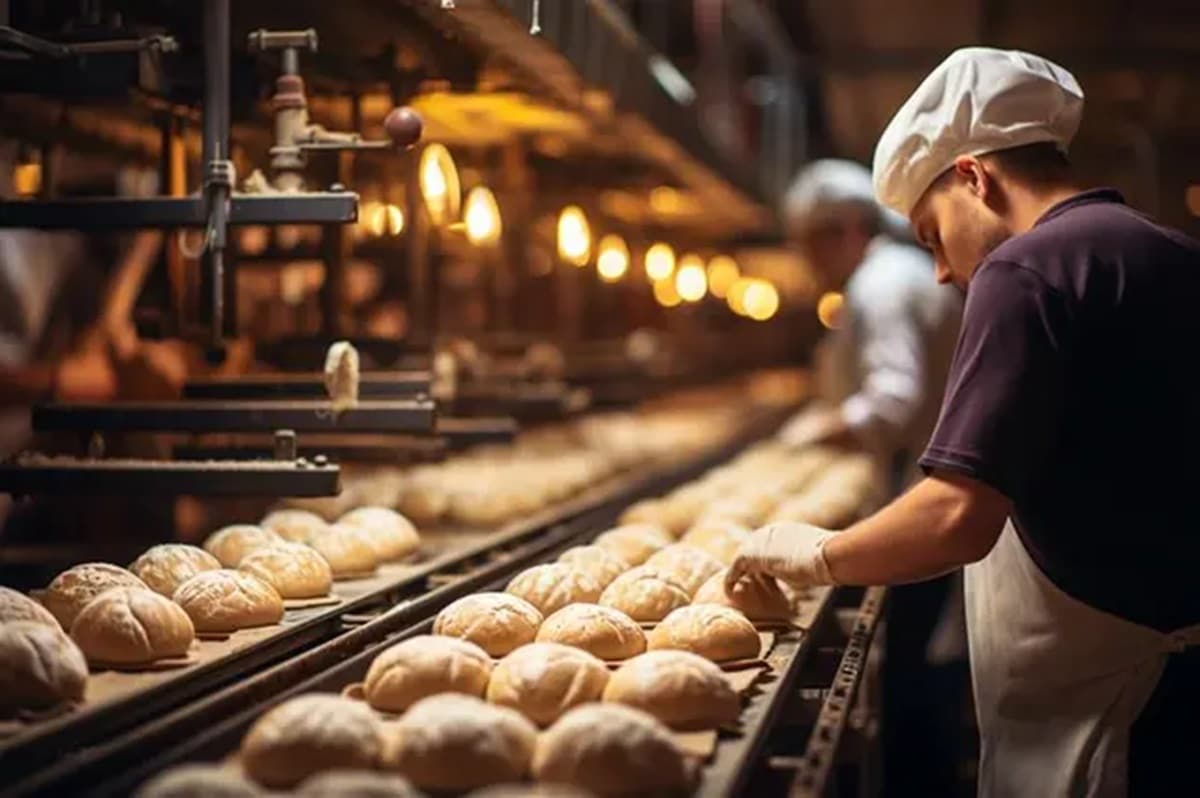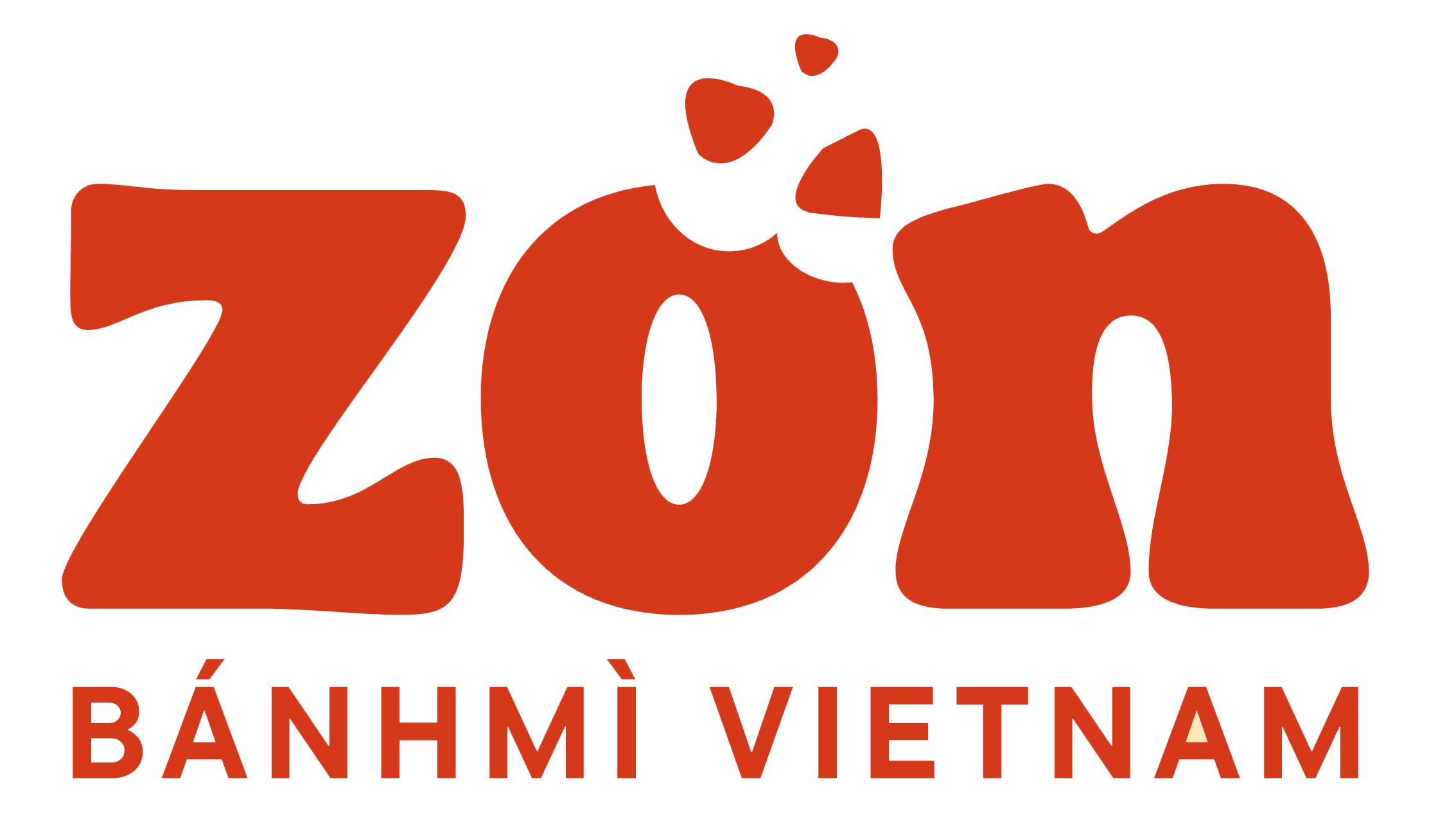Blog
Meal deals: UAE to triple food production by 2030

UAE is investing massively in food security and logistics in the wake of supply challenges raised by COVID-19 pandemic
The UAE is aiming to triple food production by 2030, according to CBRE Middle East in a research paper on the country’s food sector.
The report, which covers the second half of 2024, underscores UAE’s commitment to enhancing food security, highlighting significant investments in innovative agricultural technologies and strategic trade agreements.
These trade agreements create a dynamic environment filled with opportunities for stakeholders in the food production sector.
UAE food production
In response to the supply chain challenges posed by the onset of Covid in 2020, the UAE dramatically strengthened its food security protocols and invested heavily in international food resources and domestic production capability.
At the heart of this transformation was the 2051 Food Security Strategy, which aims to triple the county’s food production by 2030 by focusing on technology driven production techniques such as vertical farming, as well as creating better efficiencies across more traditional agricultural methods.
The strategy also identifies bi-lateral trade partnerships as a major area for development, including the launch of the UAE CEPA program, which promotes economic growth by removing trade barriers and improving efficiencies and market access for goods and services.
This was particularly important for the country’s food processing industry, which relies heavily on the import of raw materials from India, Russia, Canada, and Argentina, among other countries, including grains, corns, oils and other base materials.
The program has led to the rapid development of the UAE’s food production sector, with billions of dollars invested into new projects.
However, certain parts of the value chain remain underinvested, including cold storage, creating significant opportunities for both local international firms to further develop the domestic production and distribution infrastructure.
The UAE’s commitment to enhancing food security, along with its investments in cutting-edge agricultural technologies and strategic trade agreements, positions the country as a central hub for food security solutions in the high-growth markets of the Middle East and Africa.
The increased participation from occupiers and institutional investors over the past 12 months has further strengthened the market’s fundamentals.
This resulted in more international players entering the UAE’s logistics investment and development market.
Previously limited by barriers such as leasehold land with limited tenure, restricted debt funding, and sub-leasing fees imposed by many freezone operators, the landscape is now shifting.
With growing interest from global sovereign wealth funds and other institutional investors, new partnerships are emerging to address the underlying undersupply across the food value chain, from purpose built, high-tech production facilities to speculatively constructed dry and cold storage solutions.
Matthew Green, Head of Research MENA, said: “The UAE is now playing an increasingly important role in servicing the needs of the Middle East region as a growing food processing and re-export hub.
“However, the country has also established itself as a growing testbed for Ag-Tech and F&B-Tech firms amidst the governments push to attract global entrepreneurs and start-ups.”





